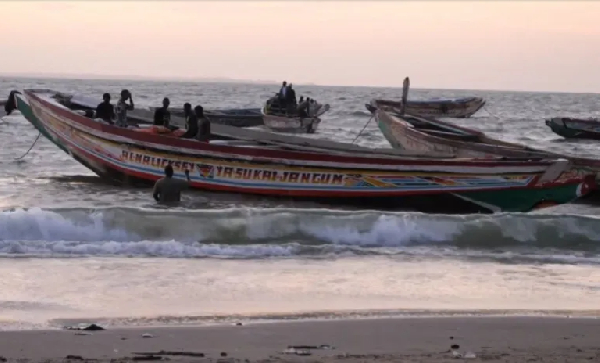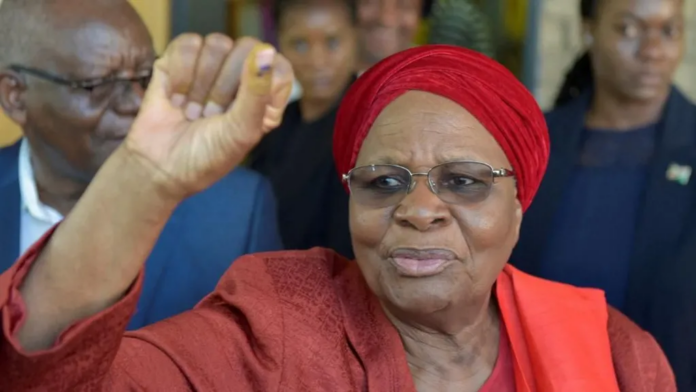At least 89 people dead as boat capsizes off Mauritania

At least 89 migrants and refugees bound for Europe have died, with dozens still missing, when their boat capsized off the coast of Mauritania, according to state media.
The fishing boat capsized on Monday about 4km (2.4 miles) from the West African country’s southwestern coastal city of Ndiago. The Mauritanian coastguard recovered 89 bodies and rescued nine people, including a five-year-old girl, said the state news agency on Thursday.
Deadly land routes
Increasing numbers opt to travel by land, with deaths of people crossing perilous routes in the Sahara presumed to be double those occurring at sea, according to a new report from the United Nations refugee and migration agencies and the Mixed Migration Centre research group.
“Refugees and migrants are increasingly traversing areas where insurgent groups, militias and other criminal actors operate, and where human trafficking, kidnapping for ransom, forced labour and sexual exploitation are rife,” said the report, released on Friday.
The report, researched over three years, said that conflict and instability in countries including Mali, Burkina Faso and Sudan are driving a rise in the number of journeys towards the Mediterranean.
In total, 1,180 people are known to have died while crossing the Sahara desert between January 2020 to May 2024, but the toll is believed to be much higher, said the report, which drew on testimonies from more than 31,000 people.
This year alone, more than 72,000 people have taken land routes to the Mediterranean, with 785 dying or going missing during that period, according to figures from the UN Refugee Agency (UNHCR).
Libya has emerged as a primary transit point for people fleeing war and poverty. In March, authorities discovered a mass grave containing at least 65 bodies in the country’s western deserts.
Algeria, Libya and Ethiopia were considered by respondents as the most dangerous transit countries.
The report tallied hundreds of cases of organ removals, some migrants having agreed to them as a way to earn money.
“But most of the time, people are drugged and the organ is removed without their consent: They wake up, and a kidney is missing,” said UNHCR special envoy Vincent Cochetel.
Source: aljazeera.com





